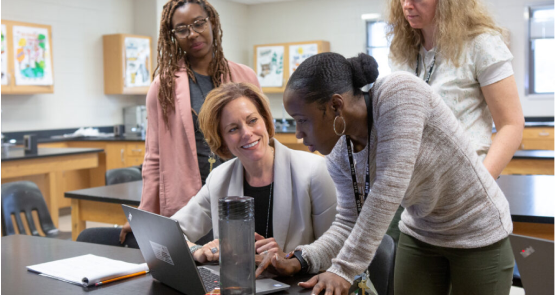









November 29, 2022

Reboot in Forbes
Reboot President Helen Lee Bouygues writes a regular column for Forbes on critical thinking, misinformation, and education.











Reboot President Helen Lee Bouygues writes a regular column for Forbes on critical thinking, misinformation, and education.

Subscribe to get updates and news about critical thinking, and links to free resources.













